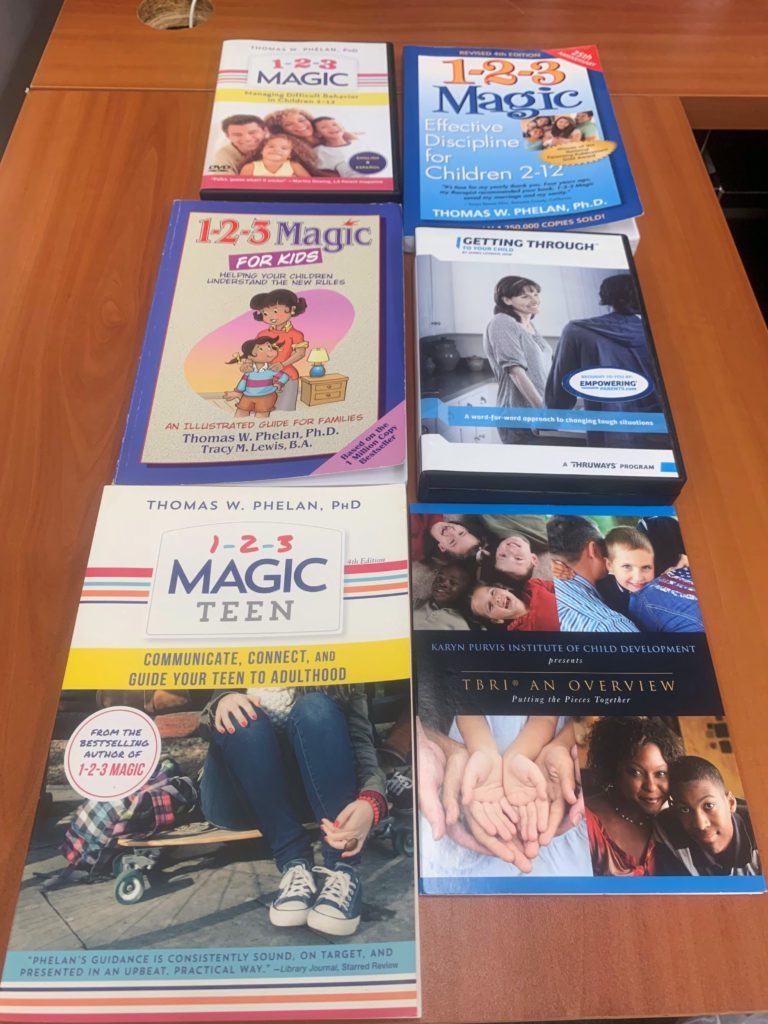Home to Stay
“As Heartland for Children moves towards a focus on family engagement within our system of care, the following model was designed for the Peace River Center Home To Stay program. The model deliberately provides for a range of standards, whenever possible, in order to allow flexibility to meet the individual needs of each family. The program components are listed and are based on research or on strong models of Intensive Family Reunification Programs (IFPS). Many of the proposed model components have been used successfully in IFPS programs and are geared towards improving the quality of services delivered to our families.”
Home to Stay: A Reunification Program
In 2010 Heartland for Children and Peace River Center collaborated to create Home to Stay, a needs-based, trauma-informed program to provide in-home support for families during reunification and beyond. Home to Stay focuses on overall family needs, not just parenting skills. Emphasizing the family’s strengths, Home to Stay staff assists the family in their transition into being a complete, healthy, and happy family by working with them on a wide range of competencies including:
- parenting skills
- life skills such as cooking, cleaning, and budgeting
- communication skills
- substance abuse and domestic violence education
Home to Stay also advocates for families by accompanying them to court.
The only program of its kind locally, Home to Stay plays an important role in our community. Staff members meet parents where they are in their parenting journey and work alongside them to advocate for their needs and help them learn better parenting skills. If parents are struggling to pay bills or having a bad day, the Home to Stay staff member will first sit down and work to resolve the challenges, including advocating for the family if their needs are beyond the program scope, before they tackle parenting or life skills curriculum.


